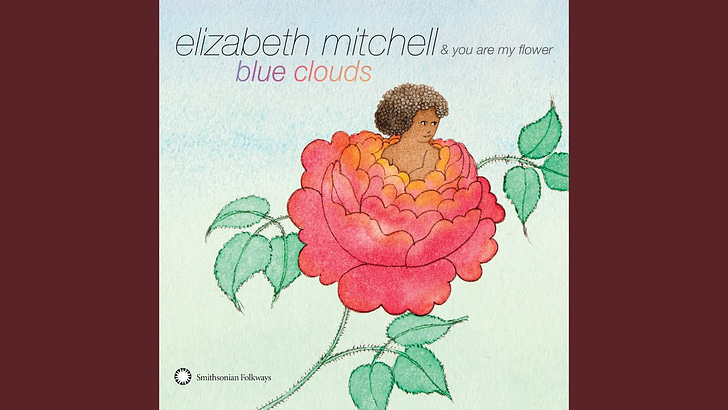performed by Elizabeth Mitchell.
key: A major
mode: A B C# D E F# G#
melody: d r m f s d’
form: strophic
meter: duple
English function names: tonic dominant
Tagg (modified): home counterpoise (away)
Riemann: T D7
Scale degrees: I V7
Chords: A E7 A E7 A
|:/ / / / |/ / / / |/ / / / |/ / / / :|There isn’t much here that we haven’t seen and heard before, but it is always good to learn songs in other languages. The other advantages of this song we will discuss momentarily. The Kyung Hun version below is probably the most traditional, much of the world’s music being accompanied by drones as opposed to chords. …aaaand the cheekily-named Chinkees version, as you might suspect, is perhaps the least!
I have already railed against the prejudice some experienced musicians have against children's songs or any music that has few ingredients. I have also talked about how we need music — for children and adults — that invites participation. This song is clearly an example of children's music that invites participation. The Wheels on the Bus it is not,1 but I would argue that Santoki is a bit easier to sing for both children and adults. Wheels is entirely skipping chord tones and involves a leap of an octave, which is hard to sing for the target audience of tiny kids.2 Santoki has many skips, too, but its largest leap is a fourth (on the words "hopping, hopping" — word-painting for the win), then the melody walks stepwise back down to the tonic.
This is also a good beginner ear-training example for older students on all fronts: easy rhythm, easy harmonies, limited pitch set. Learn it in all keys, improvise over it, and now you're learning music.
other recordings:
The Chinkees, Peace through Music, Asian Man Records. E major.
Kyung Hun & Angie Solomon, Play Music, LA Play Cafe Inc. G major. (drone)
Elena Moon Park, Rabbit Days and Dumplings, Festival Five Records. A major.
Wheels is also a two-chord song using tonic and dominant in a major key, a six-pitch melody, and spanning an octave range, but with lots of opportunities to act the lyrics out, hence its enduring popularity…
Not to mention too many adults sing this in a key and range that is too low for pre-school children to sing. That said, the Chinkees version sung up an octave is, therefore, the ideal range for the under-6 set. Rock on.



